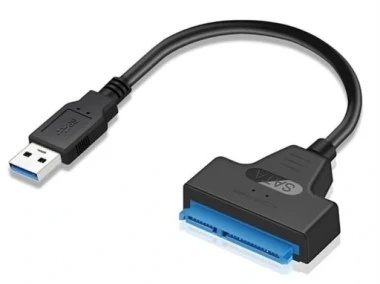Can the SATA-to-USB adapter affect the result of the bad sectors scan? ( lemmy.world )
Hi, I am planning to purchase a 2.5-inch HDD. If I connect it to my computer using a SATA to USB adapter instead of directly to the computer's SATA, can it somehow affect the result of this scan?
I apologize for my ignorance but I couldn't find an answer to this question anywhere
